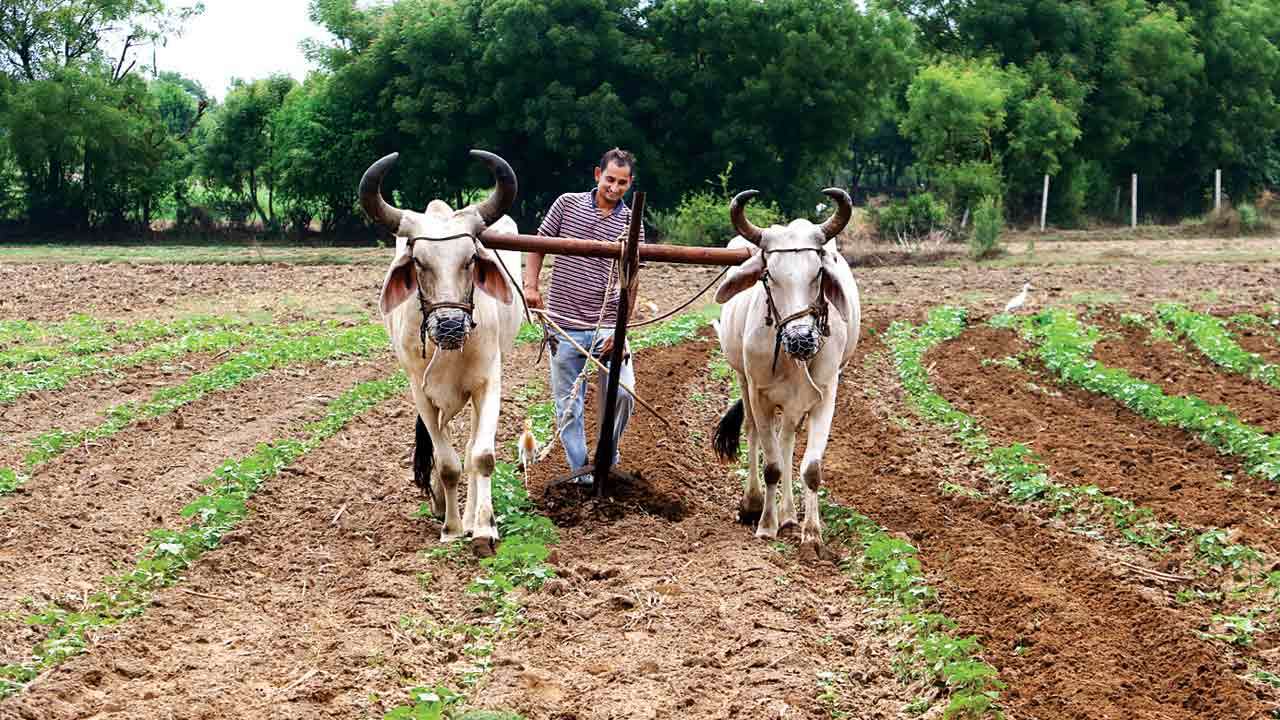
The recent case, unfortunate as it was, did one good thing. It created global awareness about farmers' rights as enshrined in Indian law, Protection of Plant Variety and farmers Rights Act (PPFRA). The act provides under article 39 (iv) "a farmer shall be deemed to be entitled to save, use, sow resow, exchange, share or sell his farm produce including seed of a variety protected under this Act in the same manner as he was entitled before the coming into force of this Act: Provided that the farmer shall not be entitled to sell branded seed of a variety protected under this Act.
The company was ill advised to proceed against small farmers with the punitive measures that were beyond the limits of small farmers. It should actually compensate the innocent infringers. But let us get into the heart of the matter.
Some of the small and large farmers are reported to have bought seeds of a protected potato variety from a contract seed grower of a large company. Many times, companies don't buy all the quantity contract farmers produce either on account of quality (instead of big size, if some farmers have small size potato) or limited demand. In such circumstance, the farmers have no choice but to sell such seed to other farmers. However, when some farmers deliberately sell saved seeds as branded seed to another farmer or a competitor company, then it is against the law and no protection is due to such farmers. Under Article, 39.2, farmers also suffer when seeds don't perform as promised. In some cases when parent lines were provided, the lack of synchronization of the flowering of male and female lines, the seed thus produced is not of good quality and companies refuse to buy them despite no fault of farmers. In such cases, farmers can file cases against companies with PPVFRA for compensation.
However, in the present case, the law provides that farmers right to save, sell, exchange, and re-sow the seeds is protected so long as they don't use brand names. It is obvious that selling such seeds to a competing company making potato chips is not protected by the spirit and letter of the law. If farmers' organisation claim that farmers are free to do so then they are asking for the law to be repealed or amended. And then the possible consequences of such an amended policy may be considered: a) companies may not bring new seeds to India, b) they may enforce the contract more strictly, c) the contract farmers may get into litigation with non-contract farmers growing such seeds, d) companies will be obliged to buy all the seed produced of whatever quality to prevent leakages; e) farmers obtaining seeds from contract growers may grow seeds for bulk sale in the market and the buyers buy from the market by passing the provision of restrictions under branded seed sales or f) original company files infringement suit against competing companies rather than against farmers.
India needs to encourage free exchange of seeds and crop varieties o long as farmers do so within the ambit of the law. We need to encourage more and more innovations in crop varieties as evident from the protection granted to many farmer breeders through the efforts of the Honey Bee Network and National Innovation Foundation.
The author is founder of Honey Bee Network & visiting faculty at IIM-A
anilgb@gmail.com